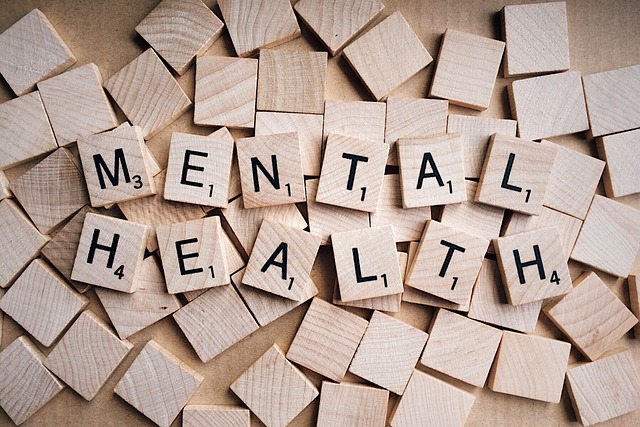Mental health is a cornerstone of our overall well-being, yet it remains one of the most misunderstood aspects of human health. In today’s fast-paced world, young people face unprecedented challenges that can impact their mental well-being. Understanding and maintaining good mental health is not just about addressing problems when they arise – it’s about building a strong foundation for lifelong emotional resilience.
The Reality of Mental Health Challenges
Mental health challenges are incredibly common, especially among young people. Recent studies show that approximately 1 in 5 youth experience some form of mental health condition. These challenges don’t discriminate – they can affect anyone regardless of their background, academic performance, or social status.
Understanding Anxiety and Stress
Anxiety and stress have become increasingly prevalent in youth populations. While some stress is normal and can even be motivating, excessive stress and anxiety can be debilitating. Common symptoms include:
- Excessive worry about everyday situations
- Difficulty concentrating on tasks or conversations
- Persistent sleep problems, including trouble falling asleep or staying asleep
- Physical manifestations like rapid heartbeat, sweating, and trembling
- Social withdrawal and avoidance of situations that trigger anxiety
- Persistent feelings of being overwhelmed or out of control
- Digestive problems and other physical complaints
Recognizing Depression
Depression is more than just feeling sad. It’s a complex condition that affects how you think, feel, and handle daily activities. Key signs include:
- Persistent feelings of sadness or emptiness that last two weeks or more
- Significant loss of interest in previously enjoyed activities
- Notable changes in sleep patterns – either sleeping too much or too little
- Dramatic changes in appetite and weight
- Difficulty completing everyday tasks that used to be manageable
- Feelings of worthlessness or excessive guilt
- Thoughts of death or suicide (requiring immediate professional intervention)
Building Mental Resilience: Practical Strategies
Daily Mental Health Practices
Developing a strong mental health routine is crucial for long-term well-being:
- Regular Exercise
- Aim for at least 30 minutes of moderate exercise daily
- Include both cardio and strength training
- Consider group sports for added social benefits
- Sleep Hygiene
- Maintain a consistent sleep schedule
- Create a relaxing bedtime routine
- Limit screen time before bed
- Aim for 7-9 hours of quality sleep
- Nutritional Support
- Eat regular, balanced meals
- Include omega-3 rich foods
- Limit caffeine and sugar intake
- Stay hydrated throughout the day
- Mindfulness and Meditation
- Start with 5-10 minutes daily
- Use guided meditation apps
- Practice mindful walking or eating
- Incorporate breathing exercises
Advanced Stress Management Techniques
Develop a toolkit of coping strategies:
- Deep Breathing Exercises
- Practice 4-7-8 breathing (inhale for 4, hold for 7, exhale for 8)
- Use box breathing during stressful situations
- Set regular breathing break reminders
- Progressive Muscle Relaxation
- Start from your toes and work up
- Tense each muscle group for 5 seconds
- Release and notice the difference
- Practice before bed for better sleep
- Time Management
- Use digital tools to track tasks
- Break large projects into smaller steps
- Schedule regular breaks
- Learn to prioritize effectively
Professional Support and Resources
When to Seek Professional Help
Consider professional support if you experience:
- Persistent symptoms that don’t improve
- Difficulty maintaining daily routines
- Thoughts of self-harm
- Significant changes in behavior or personality
- Impact on school or work performance
Types of Professional Support
- School-Based Resources
- Counselors and psychologists
- Peer support programs
- Academic accommodations
- Crisis intervention services
- Mental Health Professionals
- Therapists and counselors
- Psychiatrists for medication management
- Support groups and group therapy
- Online therapy platforms
- Crisis Resources
- 24/7 crisis hotlines
- Text-based support services
- Emergency response teams
- Online crisis chat services
